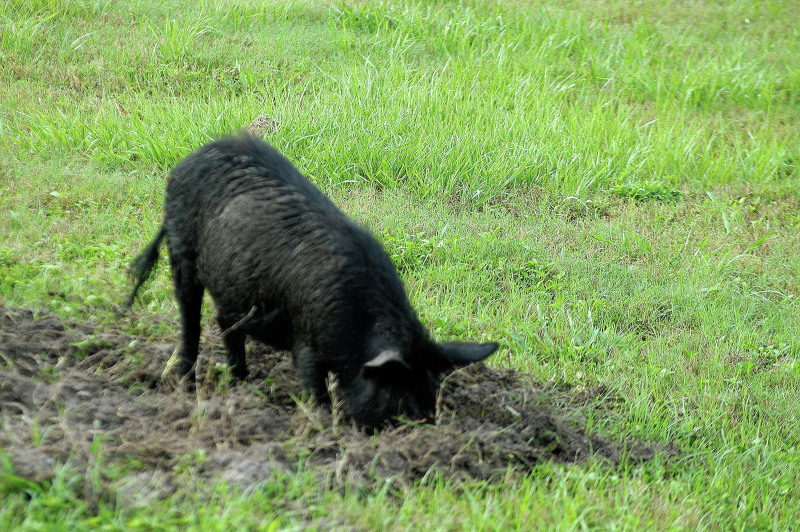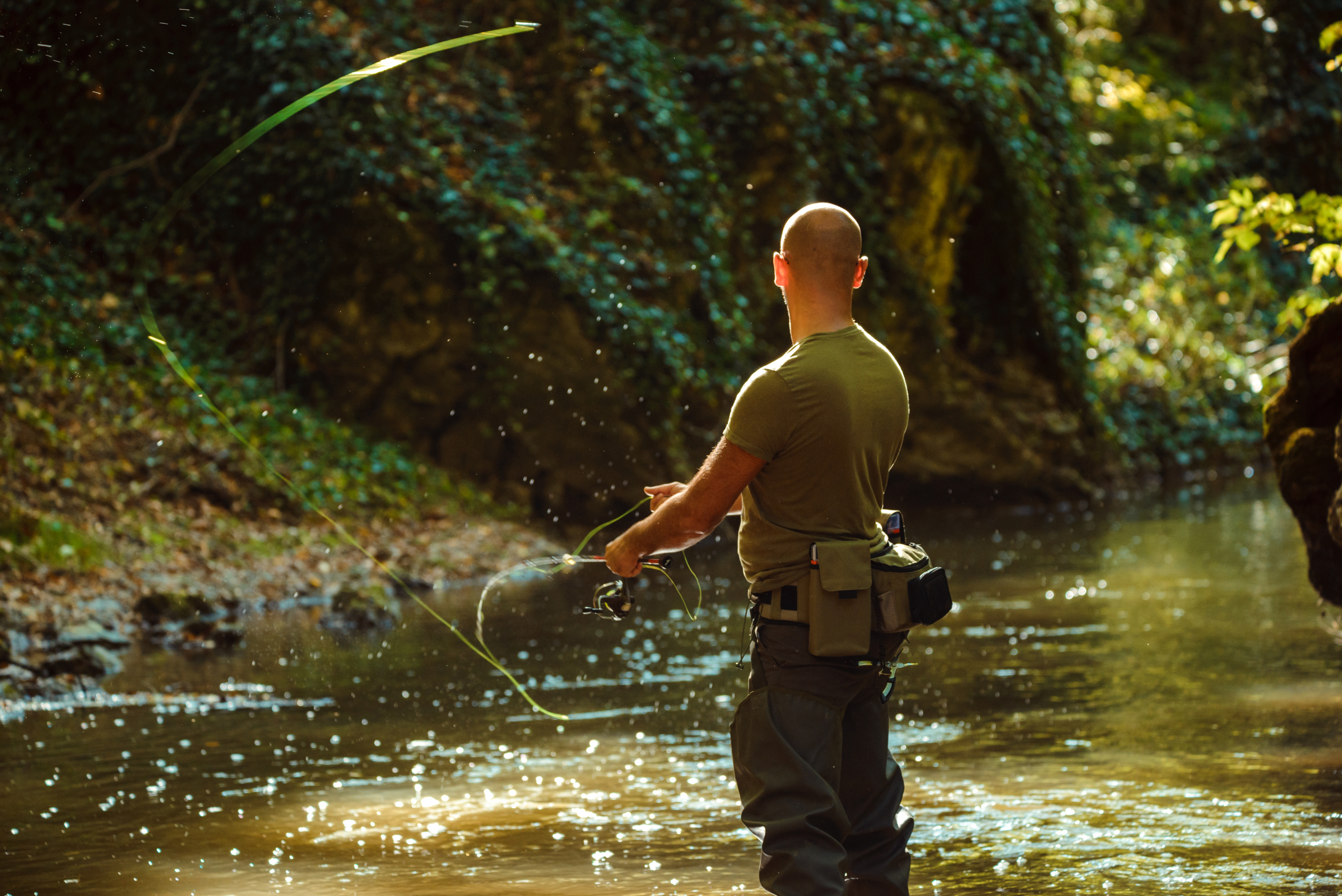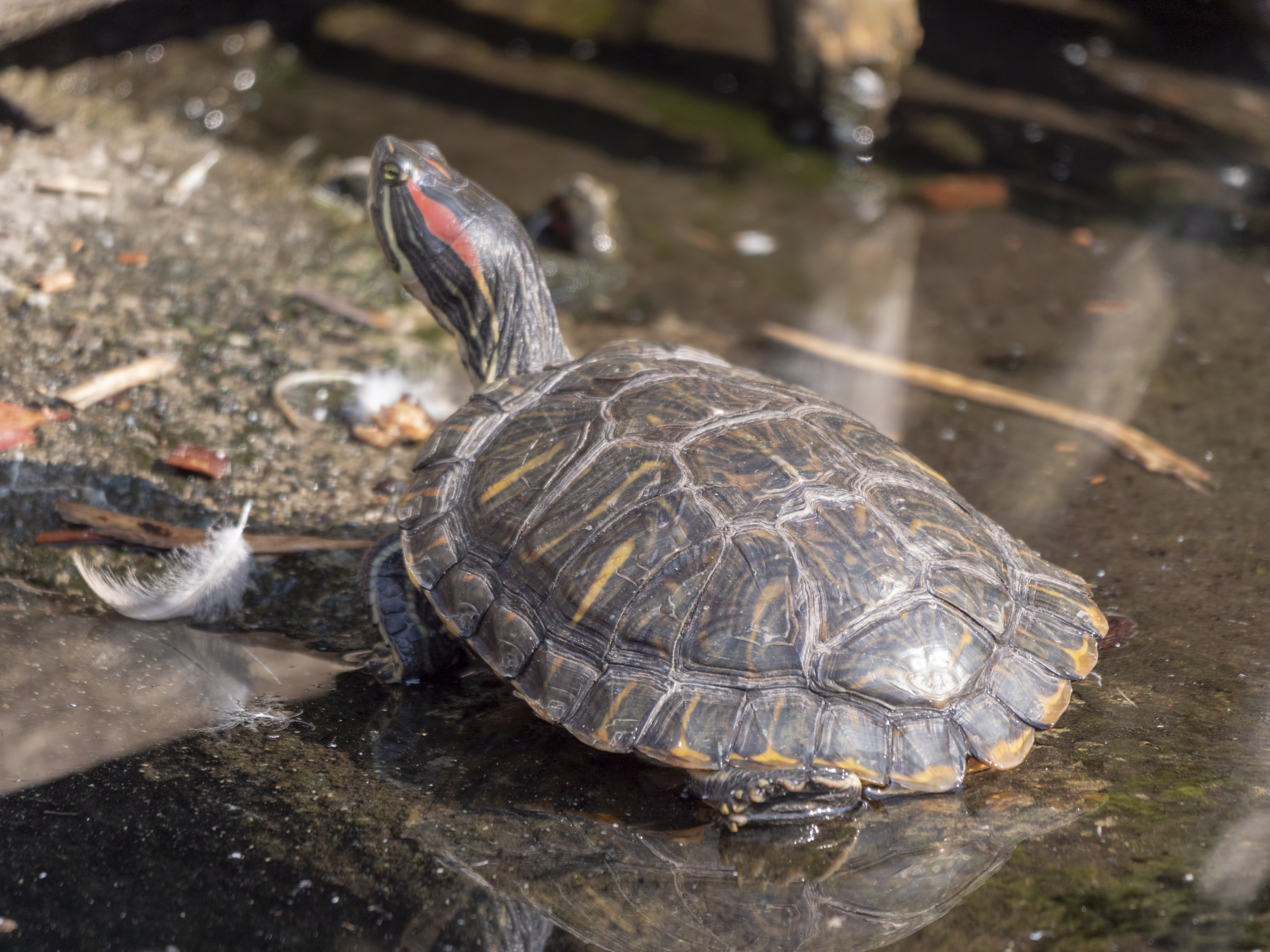We’re being invaded! Sounds like something out of a movie, right? Well… Yes. Unless we’re talking about hogs running around. And not just through forests or fields, either. According to recent news, potbellied pigs have been observed in residential and rural areas. While this is a bit unusual, some take to adopting the “smaller pigs” pigs as pets.
This is inadvisable, to say the least, as they may look cute and easy to care for now, but if they’ll reach the stage where they’re about 200 pounds with way too much energy. This can make them really hard to handle.
If you do own one of these potbellied pigs, it’s advised to keep them in a pen where they’re not able to run around, as they may wander off into other people’s backyards or other more public places, which may cause problems. If you plan on making the ground the pen’s floor, it’s suggested to have a fence under it, as the pigs can dig an escape route under the fence’s perimeter otherwise.
Since 2016, the state has seen a spike in hogs roaming around, in part due to “the unimpeded pipeline of pet pigs becoming strays.” Pet pig owners not able to care for a grown pig have been letting them roam, to the detriment of the state’s land.
“Running at large, these pigs pose a nuisance to landowners, increase the threat of establishing feral pig populations, damage natural resources, and risk carrying endemic diseases – such as salmonella or even swine flu – that can spread to both people and animals,” the statement reads.
Since male potbellied pigs can breed as early as eight weeks, and females can become pregnant at three months, owners are advised to spay or neuter them.
“Due to the ability of potbellied pigs to reproduce at a very young age, the state must ensure that a feral pig population does not become established, which could rapidly lead to the spread of disease and property damage.”

























